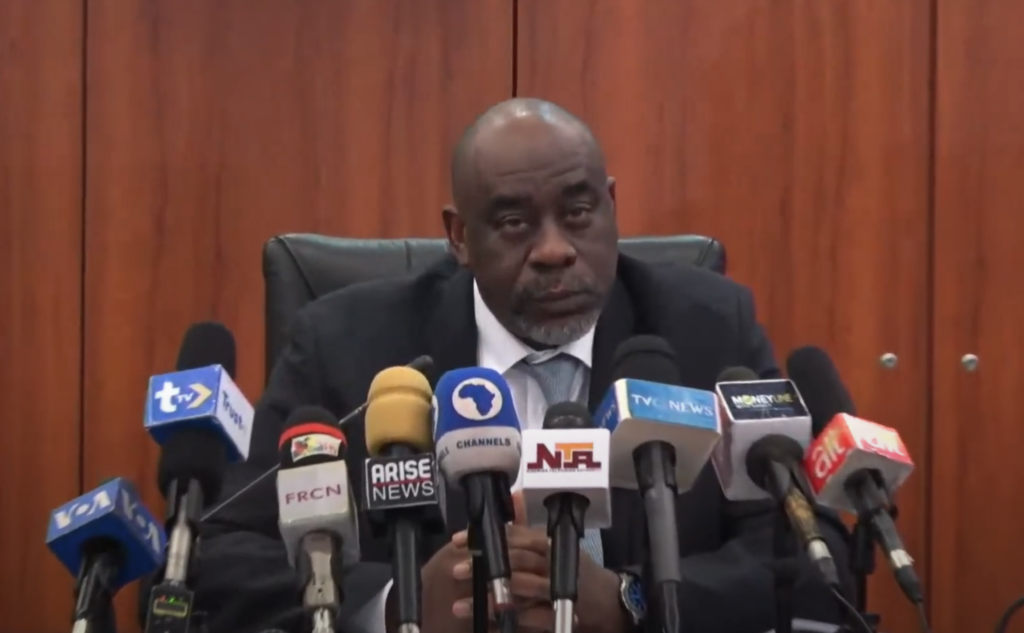The Central Bank of Nigeria (CBN), has attributed the crash of the naira against the dollar and its inability to manage the foreign exchange market to the diversion of diaspora remittances to the unofficial markets like the parallel.
This is as Nairametrics yesterday reported that the Naira plunged to a record low of N930/$1 at the parallel market with the Investor and Exporter (I&E) window trading at N782.38/$1 as of Wednesday, August 9, 2023, as demand pressure and forex scarcity worsens.
This was made known by the acting Governor of CBN, Folashodun Shonubi, while delivering a Distinguished Personality lecture titled: “Diaspora Remittances and Nigeria Economic Development” for members of the Executive Intelligence Management Course (EIMC) 16 at the National Institute for Security Studies, Abuja.
Shonubi explained that many diaspora remittances came to Nigeria in dollars and were not documented officially, as they end up in the parallel market.
Diaspora remittances are not in the official system
Shonubi said,
- “With those remittances, the dollars have come in, we know the dollars have come in but we don’t see them in the official system. So, they must be going somewhere and somewhere.”
- “And the challenge with the black market, unofficial market or parallel market or whatever name you want to call it, it is as a result that it is not regulated, and it becomes an easy place to have criminal activities.
- “We investigate bankers, not just bankers, anybody who has committed an offence, the first thing they want to do is to run to the black markets, change it to the dollars because it is less money to carry around.
- “Some of the funding in the black markets are actually from diaspora remittances. That’s why it important we need to know a lot of what’s going on there. We can’t play the sentiment game.
- If we don’t understand the dynamics, we usually go with the literature which does not necessarily work for us.’’
He noted that it would be helpful if Nigeria puts measures in place to control illegal remittances and identify these channels to ensure remittance flows into the proper channels, and harness maximum benefits to grow the economy.
Difficulty in managing the Forex crisis
The CBN boss said the number of inflows coming through many unapproved channels and eventually ending up in the parallel market contributed significantly to Nigeria’s foreign exchange (FX) crisis.
He said,
- “We intend to use more of the banking system too, sending money to Sub-Saharan Africa cost highest because we don’t have masses.
- It would be helpful if we can work together to identify these channels because we just want the flows into the proper channels, there we can get maximum benefits to grow the economy.
- “We talk about black markets, which also create problems.
- Management of foreign exchange market and the efficacy of our policies to manage the exchange rate becomes difficult due to the insignificance of our diaspora remittances which are going to other markets.
- “Today, someone called me privately and said this thing (Naira) has gone up to some levels in the black markets, my question was, what do you want me to do?
- Do I operate in the black markets? I don’t know the basis of pricing in the black markets.
- “The other thing people don’t realize is that, because you don’t have full information, and I will give you an example since we started I&E window.
- We found out that some people would deliberately wait until the last minute and do one transaction of $5,000 and that becomes the closing rate.
- “We can’t do without diaspora remittances. For many countries, that’s their main source of income.”
